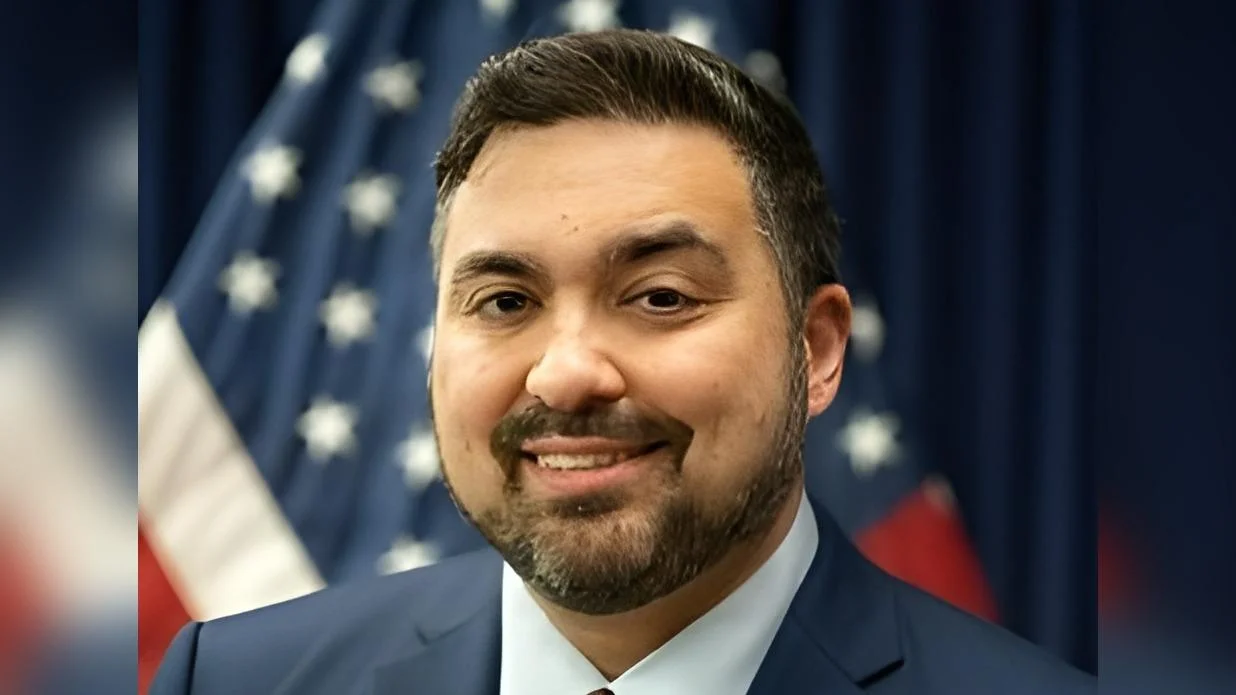A 28-year-old resident of Alamo, Texas, Hector Tellez-Hernandez, has been sentenced to four years in federal prison for illegally possessing multiple firearms. The sentencing was announced by U.S. Attorney Nicholas J. Ganjei.
Tellez-Hernandez entered a guilty plea on August 2, 2024. Chief U.S. District Judge Randy Crane ordered that after his prison term, Tellez-Hernandez will also serve three years of supervised release. During the sentencing hearing, the court considered Tellez-Hernandez's membership in Partido Revolucionario Mexicano and his prior convictions for human smuggling and aggravated assault with a deadly weapon. The judge noted concerns about the likely use of weapons to support drug dealing and the threat this poses to community safety.
Law enforcement began investigating after receiving information about narcotics at Tellez-Hernandez’s residence. On April 5, 2024, officers searched his home and found two rifles, body armor, and 16 grams of cocaine. Additional investigation revealed more firearms and further quantities of cocaine packaged for sale.
Tellez-Hernandez admitted owning the firearms. As a convicted felon, he is barred under federal law from possessing guns or ammunition.
He will remain in custody until he is transferred to a facility operated by the Federal Bureau of Prisons.
The case was investigated jointly by the Bureau of Alcohol, Tobacco, Firearms and Explosives (ATF) and the Alamo Police Department.
Assistant U.S. Attorney Lee Fry prosecuted the case as part of Project Safe Neighborhoods (PSN), a program that brings together federal, state, and local partners to reduce violent crime. In May 2021, Attorney General Merrick B. Garland announced renewed efforts to address violent crime through PSN by focusing on community trust-building, supporting violence prevention organizations, prioritizing strategic enforcement actions, and evaluating outcomes based on reductions in violent incidents rather than just arrests or prosecutions. More details about this approach can be found in the Department of Justice’s Comprehensive Strategy for Reducing Violent Crime.





